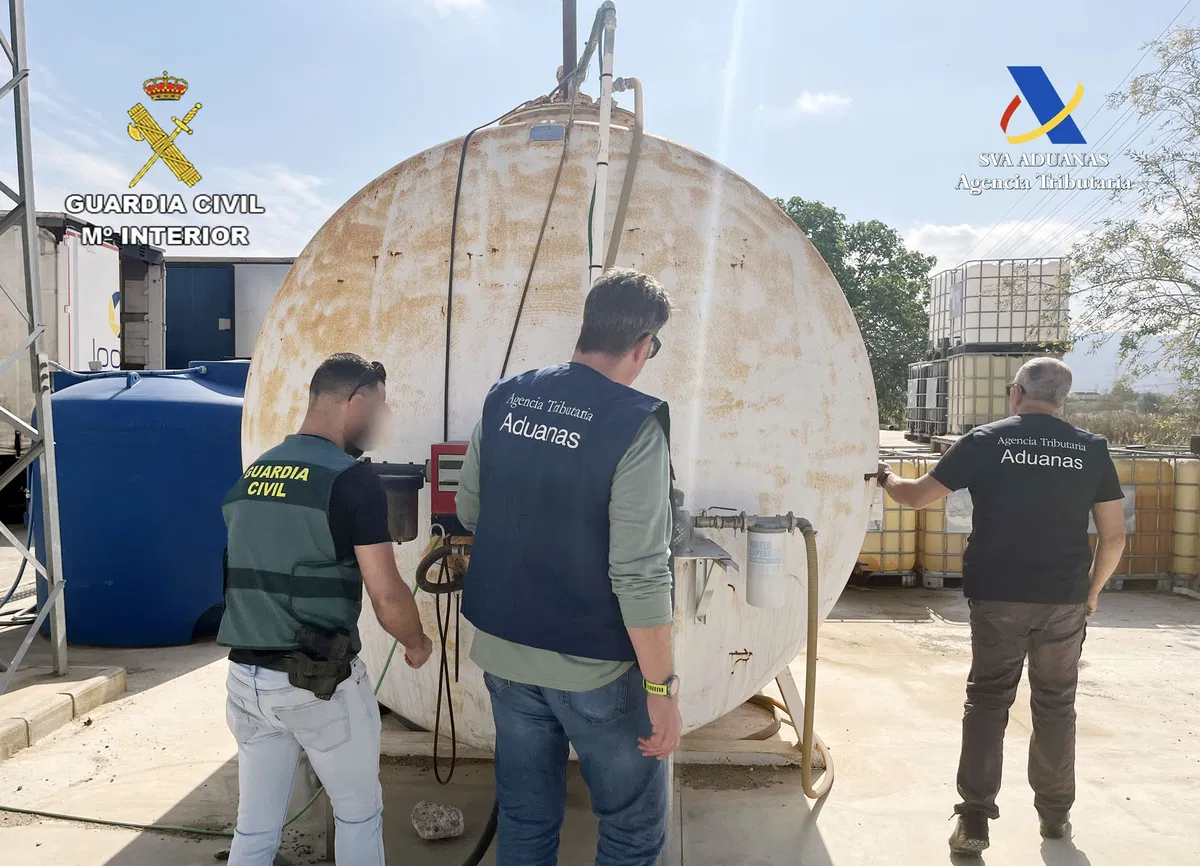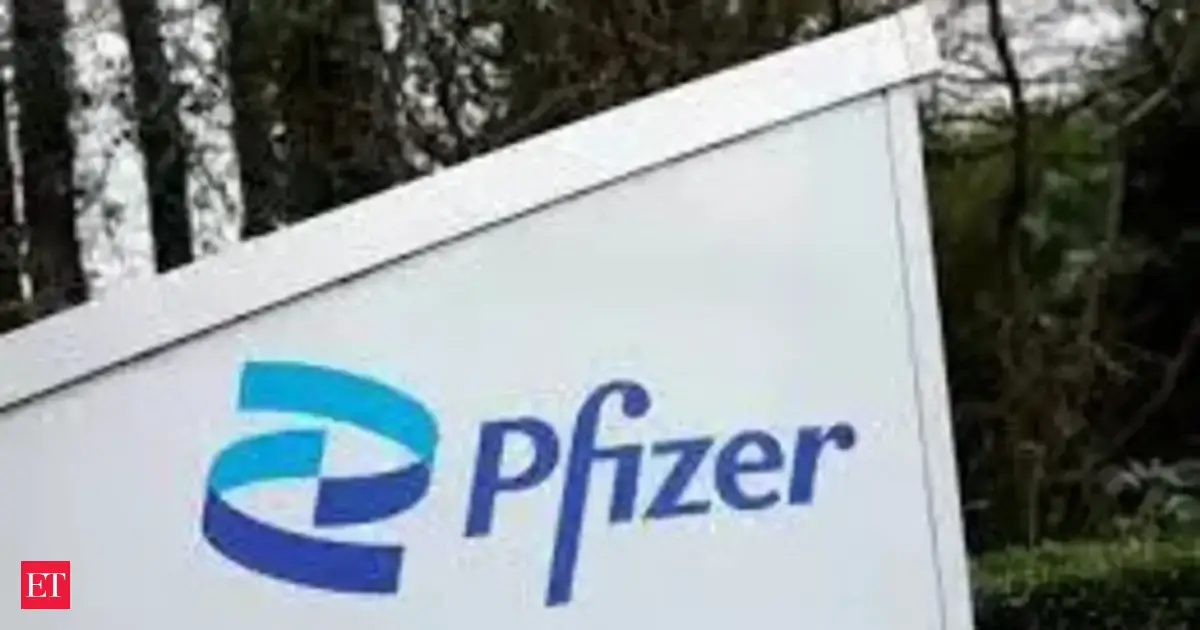By Santiago Carneri
Copyright euroweeklynews

Guardia Civil, together with the Customs Surveillance Service of the Spanish Tax Agency, has dismantled a criminal network that was flooding low-cost petrol stations across the Costa Blanca and other provinces with adulterated fuel. The large-scale fraud, uncovered under Operation “Tenk”, involved 18 arrests, 14 further suspects under investigation and 40 companies linked to the plot.
The network had strong international links, with fuel shipments traced back to Latvia, Poland, Slovakia, Hungary and Lithuania. The consignments were deliberately misdeclared as lubricants or oils to slip through EU customs controls and avoid excise duties, VAT and corporate tax, allowing the gang to channel thousands of litres of fraudulent diesel into Spain with minimal oversight.
The investigation began in 2023 following complaints from residents in La Hoya del Campo, Abarán (Murcia), about the continuous movement of fuel tankers. This led to the discovery of an illegal fuel depot, where officers seized more than 70,000 litres of tampered diesel, alongside industrial machinery, storage tanks and chemical additives such as triacetin – a substance that does not comply with the legal standards for automotive use.
From Eastern Europe to Spain
The seized fuel was identified as so-called designer fuel: a mixture of diesel and other components designed to alter its properties and evade excise duty.
Further enquiries revealed that the adulterated fuel was imported from countries including Latvia, Poland, Slovakia, Hungary and Lithuania. Shipments were declared as lubricants or oils rather than diesel, allowing the organisation to bypass EU customs checks and avoid paying hydrocarbon excise duty, VAT and corporate tax.
The manipulated product was then distributed to low-cost petrol stations across Murcia, Almería, Alicante and Valencia. During the operation, two further clandestine depots were uncovered in Abanilla (Murcia) and Silla (Valencia).
70,000 litres of adulterated diesel
Authorities stressed that the impact of the scheme went far beyond tax evasion. Not only did it cause significant losses to state coffers and create unfair competition for legitimate businesses, but it also posed a serious risk to public health and the environment. Combustion of the altered fuel produces highly polluting emissions, while unsafe storage increased the risk of spills. Motorists were also directly affected, as the use of adulterated fuel could damage engines.
Investigators found that the organisation relied on shell companies and front men to operate. Many of these so-called business owners were foreign nationals, including Ukrainians, Latvians and French citizens, alongside Spaniards, who agreed to lend their identities for the creation of companies and bank accounts in exchange for money.
How the fuel scam crossed borders
In total, 40 businesses located in Murcia, Alicante, Barcelona, Madrid, Tarragona and other provinces have been tied to the network. Eleven petrol stations and companies were inspected over the course of the two-year investigation.
Those arrested face a long list of charges, including fraud, forgery, tax offences, money laundering, social security fraud, road safety crimes and membership of a criminal organisation. One tanker driver in particular was charged with 26 separate road safety offences after repeatedly transporting hazardous goods without a valid licence.
Operation “Tenk” marks a major blow against fuel fraud in Spain, dismantling a network that not only cheated the public purse but also endangered drivers, the environment and consumer trust.



